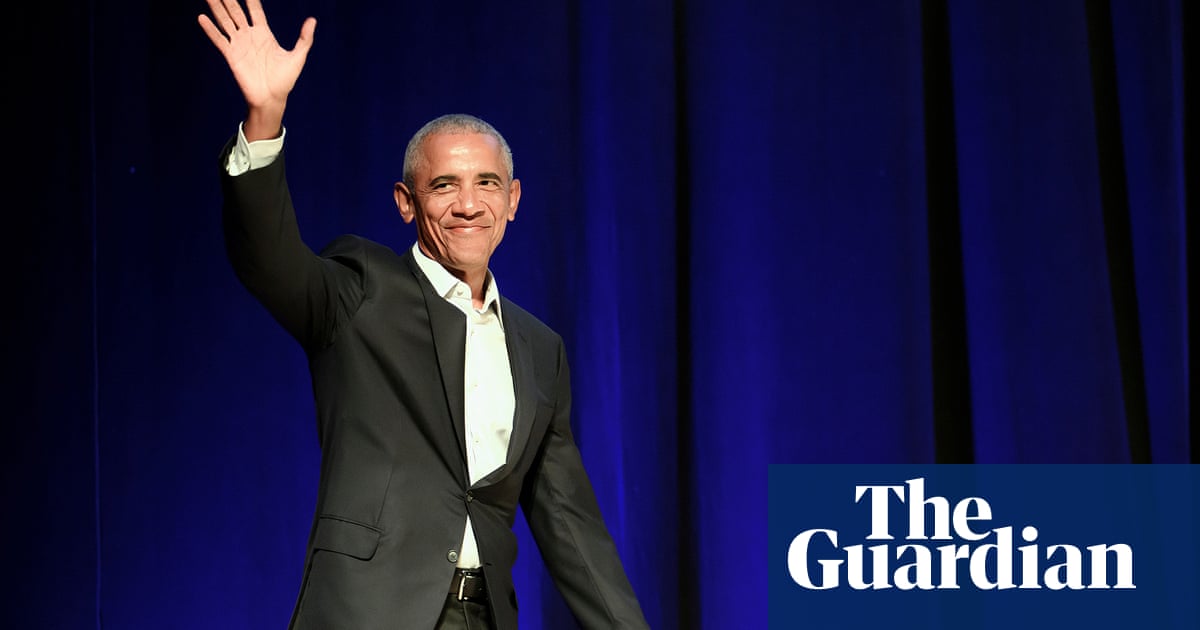The United States is engaging with Indian leaders from various political parties to rethink India’s strict nuclear reactor regulations, according to Eric Garcetti, the outgoing U.S. ambassador to India.

In a recent interview in New Delhi, Garcetti mentioned that both the ruling Bharatiya Janata Party and opposition parties are open to finding a solution on this important issue.
India currently has stringent nuclear liability laws. These laws hold not just the operators of power plants, but also the manufacturers of reactors, accountable in case of an accident. This has complicated several planned projects, including a significant collaboration with France to build the world’s largest nuclear power plant in Maharashtra.
Garcetti’s comments follow remarks from Jake Sullivan, President Biden’s National Security Adviser, who stated that the U.S. is close to eliminating long-standing obstacles to civil nuclear cooperation with India. Sullivan indicated that formal procedures to ease these restrictions would be completed soon, making it easier for American and Indian companies to collaborate on nuclear energy ventures.
Former President Trump’s administration had also shown interest in advancing the India-U.S. civil nuclear agreement, first proposed nearly two decades ago. Prime Minister Modi and President Biden discussed ways to rejuvenate this nuclear trade just last year.
This renewed focus comes at a time of significant progress in civil nuclear technology. Garcetti highlighted the potential of U.S.-made small nuclear reactors, which can function in locations unsuitable for traditional power plants. By combining India’s skilled workforce with American technology, there is vast potential for growth, assuming the regulations are relaxed.
As one of the world’s largest carbon dioxide emitters, India aims to expand its nuclear energy use quickly. This is vital for reducing carbon emissions and meeting increasing energy needs. Currently, there are 22 nuclear reactors in India, all operated by the state-owned Nuclear Power Corporation of India.
Randhir Jaiswal, spokesperson for India’s Ministry of External Affairs, welcomed the U.S. lifting sanctions on Indian nuclear research institutions. He expressed hope that this would lead to more collaboration and prompt discussions on the liability issues surrounding nuclear projects.
Source link
nuclear reactors, India nuclear liability laws, civil nuclear cooperation, India-US civil nuclear deal, nuclear power expansion










